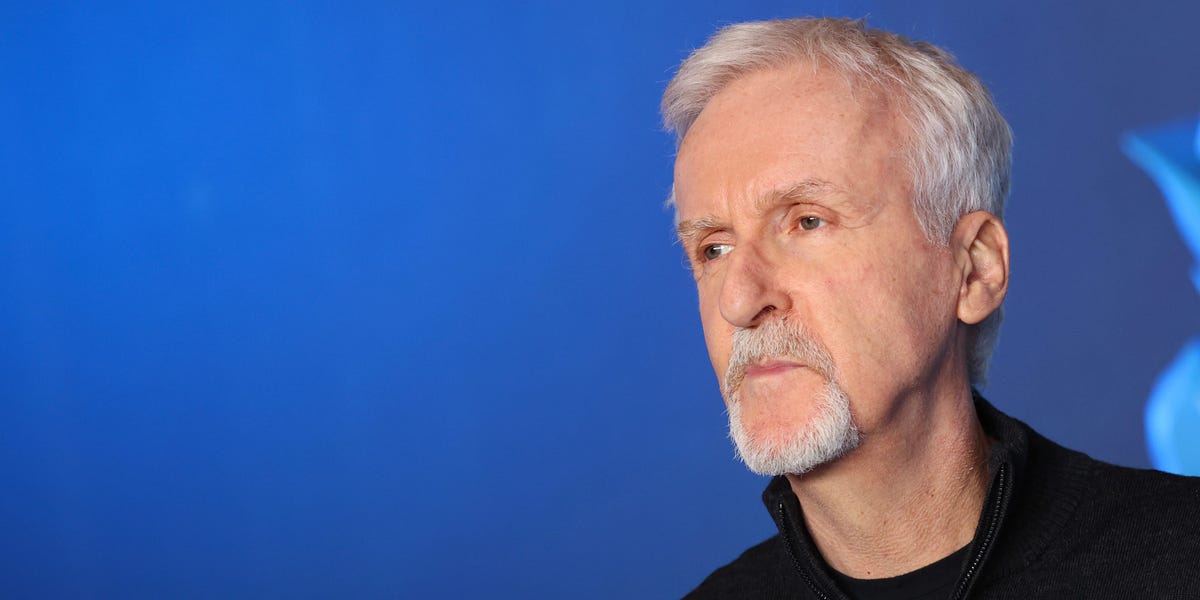James Cameron Discusses the Role of AI in Hollywood’s Future
In a recent podcast appearance, acclaimed director James Cameron shared insights on how generative artificial intelligence could potentially alleviate financial pressures in Hollywood. Speaking with Meta’s CTO Andrew Bosworth on the “Boz to the Future” podcast, Cameron delved into the challenges and opportunities AI presents to the film industry.
Cameron, a prominent figure in the filmmaking community, has been vocal about the implications of AI technology. This topic has stirred controversy in entertainment circles, contributing to the 2023 SAG-AFTRA and WGA strike and sparking debates leading up to the 2025 Academy Awards.
Despite his previous criticisms of AI, Cameron joined the board of Stability AI in 2024, the firm behind the text-to-image model Stable Diffusion. He explained that his decision was driven by a desire to gain a deeper understanding of the technology. “My goal was not necessarily to make a shit pile of money. The goal was to understand the space,” Cameron stated. He emphasized the importance of integrating AI into visual effects workflows to enhance efficiency.
Cameron highlighted the necessity for filmmakers to adopt AI to reduce the costs of producing “big effects-heavy, CG-heavy” films. He noted, “We’ve got to figure out how to cut the cost of that in half.” Declining budgets in Hollywood have been attributed to studios ordering less content and a slow box office.
He clarified that the goal isn’t to reduce the workforce but to increase productivity. “That’s not about laying off half the staff and the effects company,” Cameron said. “That’s about doubling their speed to completion on a given shot, so your cadence is faster and your throughput cycle is faster.”
Cameron also addressed the contentious issue of using existing works to train AI models. This debate is prominent not only in film but across all art forms. Companies such as OpenAI, creators of ChatGPT, have faced criticism for their use of intellectual property. Authors like Sarah Silverman and Ta-Nehisi Coates have even pursued legal action for copyright infringement.
“A lot of the hesitation in Hollywood and entertainment in general, are issues of the source material for the training data,” Cameron remarked. “I’m an artist. Anybody that’s an artist, anybody that’s a human being, is a model.” He stressed the importance of personal agency in artistic creation, stating, “You can’t control my input. You can’t tell me what to view and what to see and where to go.”
Business Insider reached out to Cameron’s representatives for comment, but no response was provided.






